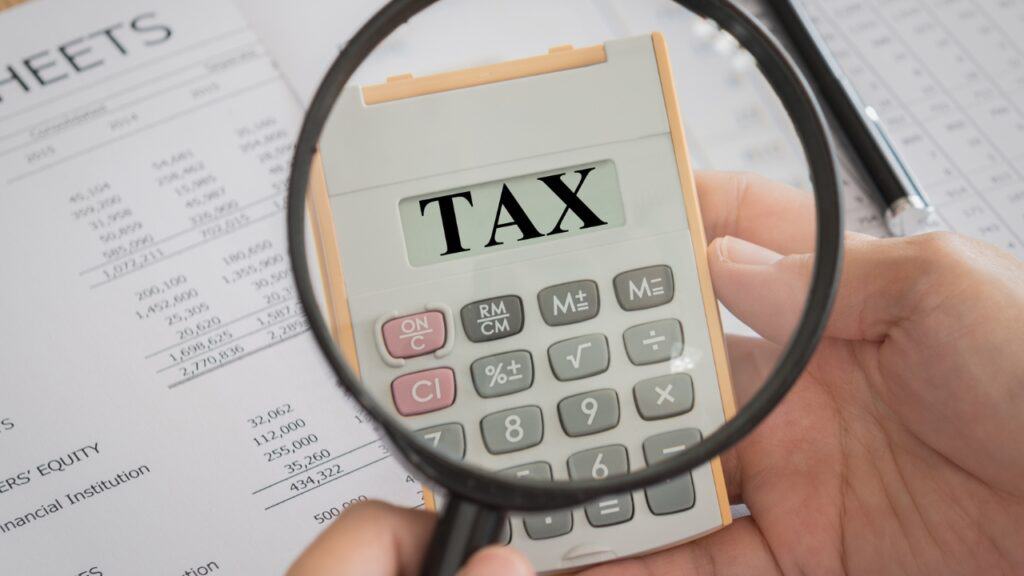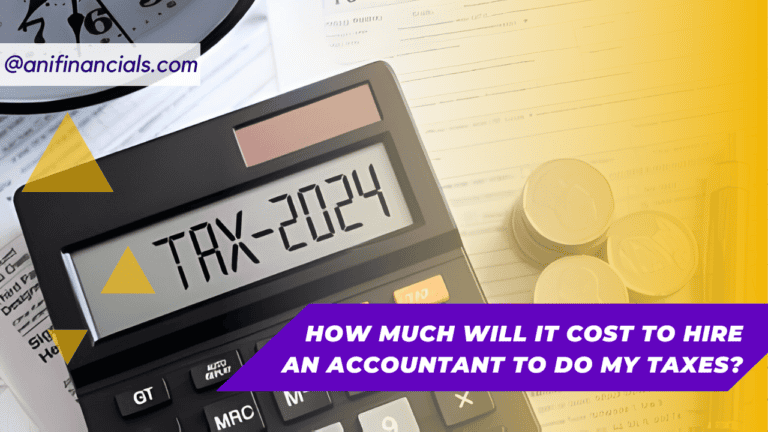Tax Consequences of Adding a Name to a Deed: A Simplified Guide
Imagine you’re thinking about adding a name to the deed of your home. It feels like a gesture straight from the heart. Like planting a tree together, watching it grow, and intertwining your lives at the roots. Yet, as poetic as this action seems, it’s packed with practical implications—especially regarding taxes. So, let’s pull up a chair, grab a cup of coffee, and chat about what adding a name to a deed entails in the world of tax, shall we?
The Starting Point: Why Even Add a Name?
Adding someone’s name to your property’s deed could be driven by various motives: a desire to share ownership with a spouse, secure the financial future of a loved one, or simplify the inheritance process. Whatever the reason, it’s a move that’s as significant legally and financially as it is emotionally.
The Core of the Conversation: Tax Consequences of Adding a Name to a Deed

Here’s the meat of the discussion. Adding a name to a deed isn’t just a sign of trust or love; it’s a decision with real, tangible tax implications. Here are a few key points:
The Shadow of Capital Gains Tax
First off, capital gains tax. An investment or property sale profit is taxed here. When you add a name to the deed, the person added doesn’t just get a key to the front door—they potentially get a part of the capital gains tax responsibility, depending on their ownership interest and how selling the home in the future plays out.
The Grip of Federal Gift Tax
Here comes the federal gift tax, like an unexpected guest at your party. If the value of your share in the property is significant, seeing the addition of another name to the deed as a gift could happen.
You might have to file a gift tax return if this “gift” exceeds the annual exclusion limit. To minimize estate taxes in the future, you should save up your lifetime exemption limit.
A Glimpse at Tax Exemptions
But it’s not all gloomy! There are silver linings, like potential tax exemptions. Depending on your relationship with the person you’re adding (think spouse), there could be exemptions or benefits that lighten the tax burden.
Deeper Waters: Navigating the Complexities
Ownership Interest and Its Perks
Adjusting ownership interest in a property by adding a name to the deed is a common tactic for estate planning. It’s like passing on a baton smoothly, ensuring your real estate assets jog right into the hands of your loved ones with as few hurdles as possible.
Estate Planning: The Bigger Picture
And speaking of estate planning, this is where things get interesting. By thoughtfully managing who’s on your property deed, you can minimize the estate taxes your heirs might face. It’s about making sure your legacy is cherished, not chased down by taxes.
So, What Now? A Few Practical Steps
- Talk to an Estate Planning Attorney: This stuff is complex, and every situation is unique. A professional can offer advice tailored to your specific circumstances.
- Understand the Impact: Get clear on how adding a name to a deed affects your tax situation, especially regarding capital gains tax and potential exemptions.
- Review Your Estate Plan: See how this change fits your broader estate planning strategy. It’s about the long game.
- Consider the Relationship: Different relationships come with different tax implications. Make sure you understand what applies in your case.
Wrapping It Up: Your Move

Adding a name to a deed is more than a symbolic gesture; it’s a significant financial decision that requires careful consideration. But don’t let the complexity deter you. With the right guidance and a clear understanding of the tax consequences of adding a name to a deed, you can make informed decisions that reflect your wishes and protect your financial interests.
If you’re pondering this move, our team is here to help. We understand the nuances of property deeds, tax implications, and estate planning. Let us navigate the intricacies together, ensuring your real estate decisions are as sound as they are sentimental.
FAQS
Adding a name to a deed can trigger capital gains and federal gift tax and affect your lifetime exemption limit. It’s essential to consider these implications to minimize potential tax liabilities.
Adding someone to a deed can trigger the federal gift tax if the property’s value exceeds the annual exclusion limit. It’s important to understand how this affects your gift tax liability.
Yes, adding a name to a deed can affect how capital gains tax is calculated, especially if the property has appreciated since it was purchased. When selling a home, this is an important factor to consider.
Yes, adding a spouse’s name to a deed often comes with tax exemptions, such as exclusion from the federal gift tax, which can help minimize the overall tax impact.
Strategically adding a name to a deed, especially within the limits of the lifetime exemption and considering the cost basis, can help minimize estate taxes. It’s advised to consult with an estate planning attorney to explore the best strategies for your situation.







